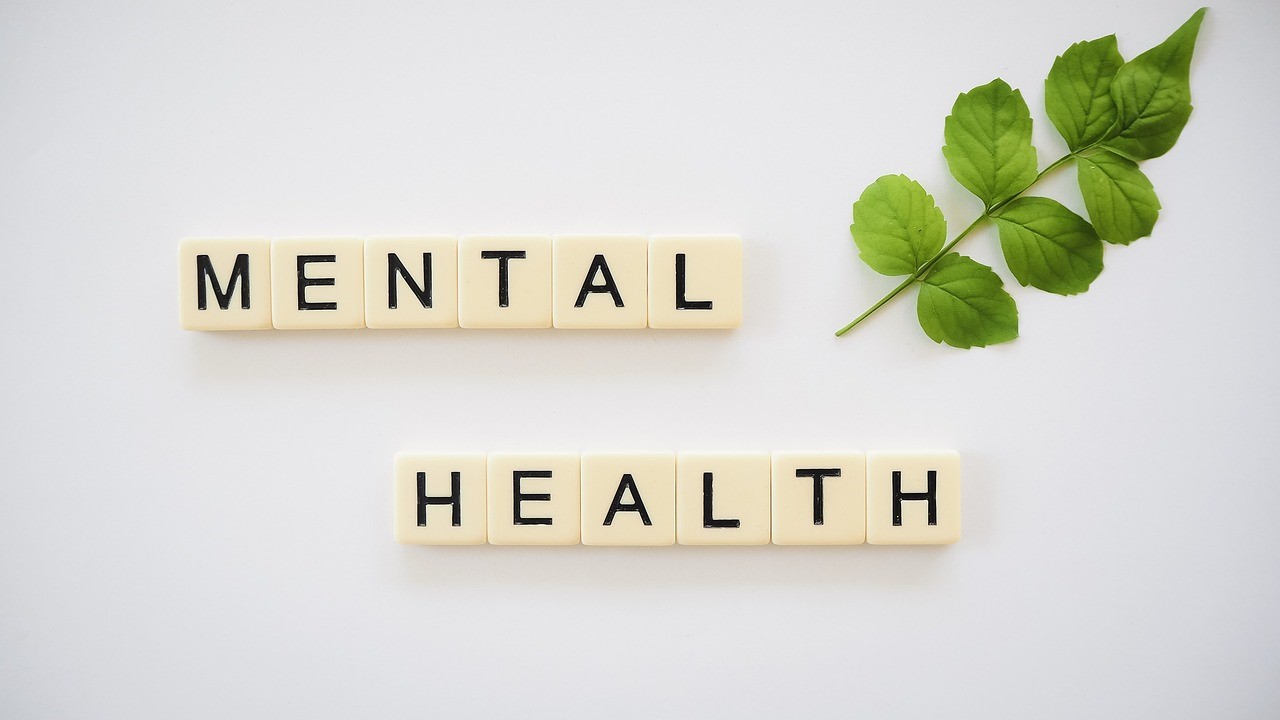In Member News
Health inequalities are an avoidable injustice within our society, which can affect to reduce the life expectancy of specific groups of people. There are many determinants that can be interlinked and affect health and ultimately cause effects of health inequalities.
This article outlines the view of Donna Bartlett, a Chief Pharmacy Technician for a Mental Health Trust, on how our profession can get involved in reducing mental health inequalities in the communities we serve. Donna has been part of the pharmacy workforce for over 30 years and has been fortunate to experience working in multiple sectors including hospital, community, academia, primary care, and non-NHS sector. In her current role as the Chief Pharmacy Technician for Greater Manchester Mental Health NHS Trust, she oversees multiple sites including dispensing sites, clinical sites, and community clinics. A large part of the role is expanding the pharmacy technician role and workforce, including training, recruitment. HR functions and strategic development of services. She has shared her leadership viewpoint, as well as her wealth of knowledge on how, as a profession, we can utilise and develop our practice to ensure we do the best for all our patients with mental health difficulties in order to work towards reducing inequalities.
Can you please explain what mental health inequalities means for the mental health trust you currently within?
Some groups of people have far poorer mental health than others, often reflecting social disadvantage. In many cases, those same groups of people have less access to effective and relevant support for their mental health. And when they do get support, their experiences and outcomes are often poorer, in some circumstances causing harm. As a mental health trust, we work with our patients to not just care for their mental health but also using a more holistic approach to look at the cause / reason they have become ill.
How has the mental health inequalities evolved over the span of your career in working in this acute mental health sector?
Since starting at a mental health trust (which has only been for 3 years) I have been able to get the pharmacy technicians more involved with ward work and clinics which in turn has meant more patient exposure and therefore a better skill mix to be able to give advice to patients.
What impact do you believe Pharmacy Technicians can have on mental health inequalities?
I believe that Pharmacy Technicians are currently an underutilised skilful resource in the pharmacy workforce nationally. However, in my view as a profession we can help with early identification of issues that might occur from mental health issues or more often the other way round. This can often be found on admission to hospital when speaking to the patient and helping them through their community clinic journey.
Can you provide any examples of potential or successful health inequalities projects within your trust?
A pharmacist is researching the use of antipsychotic depo injections within patients of ethnic backgrounds. Exploring the possibility of race and cultural influences on treatments for mental health disorders. Although this project is ongoing, the findings of this project will be significant in highlighting the need to consider racially diverse factors, cultural stigmas, and the driving the essential need for an incumbent holistic approach for all patients.
We currently envisage mental health sector pharmacy technicians involved in clozapine clinics, whereby they play an integral role in building relationships with these patients. Throughout this process of establishing meaningful relationships with the patients, there is an anticipation that this would lead to empower these individuals to partake in physical health checks and initiative alike. These health checks are pivotal to ensuring early intervention and diagnosis of many health-related illnesses and disease, thus to ensure we are working towards reduction of health inequalities. Furthermore, pharmacy technicians have been proactively at the forefront of outreach clinics workstreams such as supplying Naloxone to homeless people who have developed a drug dependency. With pharmacy technicians having this insight and oversight, this has lightened the perpetual circle of ‘do they have mental health issues because they are homeless or are they homeless due to having mental health issues?’ We are exploring pharmacy technician involvement in administration and supply of Buvidal Depo injections to homeless people, which would be beneficial in attempting to keep these patients from relapsing or seeking to use potentially unsafe and more harmful “street drugs”. The pharmacy technicians are core to these types of health inequalities project and their input is valuable in ensuring this work can be achieved safely.
Can you provide any examples of potential or successful health inequalities projects within your trust?
A pharmacist is researching the use of antipsychotic depo injections within patients of ethnic backgrounds. Exploring the possibility of race and cultural influences on treatments for mental health disorders. Although this project is ongoing, the findings of this project will be significant in highlighting the need to consider racially diverse factors, cultural stigmas, and the driving the essential need for an incumbent holistic approach for all patients.

